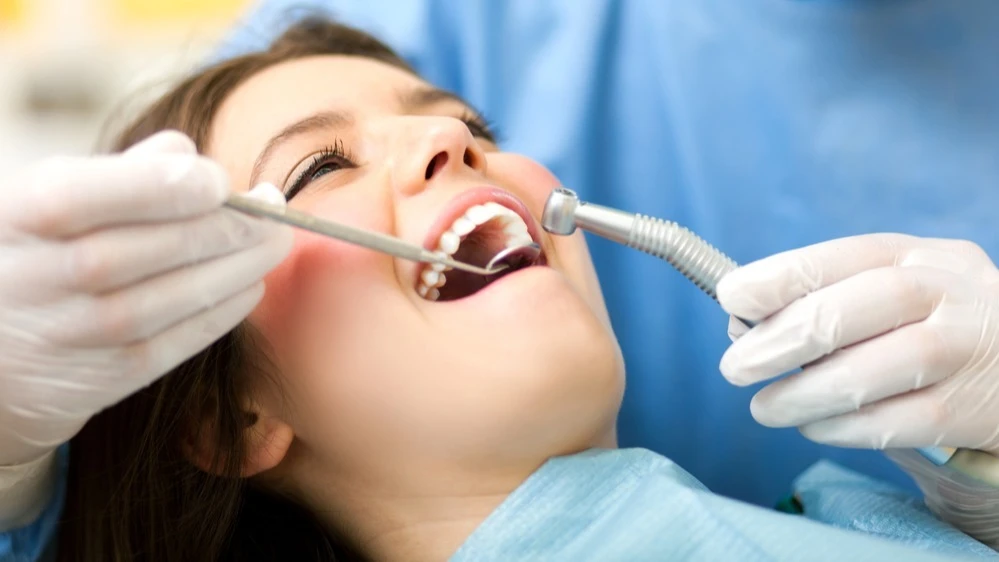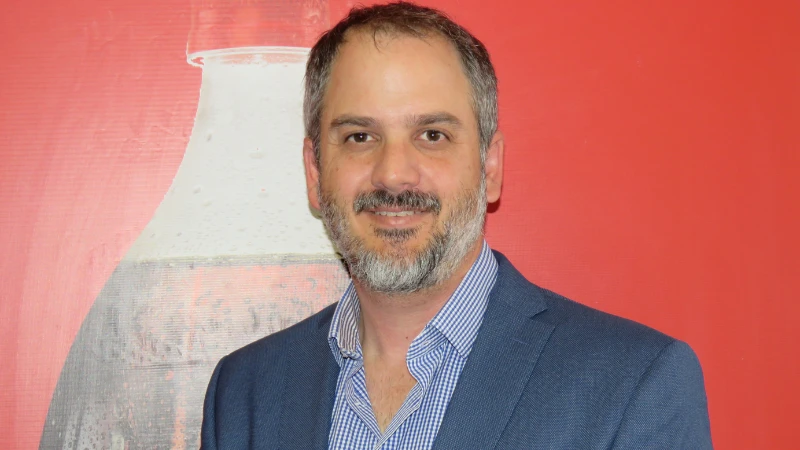Understanding the link between oral hygiene, whole-body health

FROM human natural creation, every sensitive organ in the body has a specific role to enable people to live in harmony, participate effectively, and respond appropriately to any particular need that may arise for human development.
Organs such as the eyes, ears, nose, mouth, arms, legs, and genital parts each have distinct natural functions that allow individuals to experience joy and fulfil their responsibilities effectively.
Whenever any of these organs slows down or ceases to function properly, it can become difficult for a person to carry out essential tasks—whether related to future aspirations or daily routines, potentially resulting in physical disability.
Among the organs mentioned, the mouth is one of the most sensitive parts of the human body. It is an oval-shaped cavity in the skull that houses the teeth. The mouth has two primary functions.
One of its key roles is that it contains teeth that help people and animals chew food into smaller pieces, allowing the digestive process to begin. In other words, this is where the process of human metabolism starts.
The digestive system is responsible for breaking down food and drink into nutrients that the body can absorb and use for energy, growth, and repair. This involves mechanical and chemical digestion, converting food into simpler molecules.
These nutrients are then utilized by cells to perform vital functions such as breathing, movement, and tissue repair. Overall, the digestive system plays a critical role in maintaining homeostasis—an internal balance necessary for optimal body function.
Another function of the mouth is enabling speech. It contains various structures such as the lips, tongue, teeth, salivary glands, vestibule, gums, and the hard and soft palate that work together to allow humans to produce words.
A dental cavity, also known as tooth decay, is a hole or damaged area on the surface of a tooth. It occurs when bacteria in the mouth produce acids that erode the enamel—the tooth’s hardest outer protective layer.
Taking care of dental cavities is essential for overall health, as untreated cavities can lead to pain, infection, and even tooth loss. Prompt treatment helps prevent complications and preserves both teeth and their function. If untreated, cavities can become infected, causing severe pain and increasing the risk of losing a tooth.
As cavities grow, they may cause pain and sensitivity, especially when they reach the nerve at the tooth’s center. If they reach the nerve, infection may occur and could spread to other parts of the body—a rare but potentially fatal scenario.
As decay progresses, it affects deeper layers of the tooth, leading to pain, infection, and ultimately loss of a tooth that could otherwise be saved. Dental experts urge people to take proactive measures, as early treatment is key to long-term oral health.
Professional dentists say that over 700 species of bacteria, as well as parasites, viruses, and protozoa, can affect the mouth.
There are three diseases associated with oral bacteria, which grow between the gums and teeth. These bacteria often lead to tooth decay, primarily due to poor oral hygiene.
This disease causes inflammation and damages the bone supporting the tooth and its small roots, eventually requiring tooth extraction.
Researchers have also found that oral bacteria can cause pneumonia—a serious condition, especially among elderly individuals who neglect oral hygiene and allow bacteria to grow.
Surprisingly, studies have linked poor oral hygiene to memory loss. Dental professionals have found a connection between inadequate oral care and cognitive issues such as memory loss and confusion.
These problems often appear in adults, as the mouth plays a central role in overall bodily health due to its many interacting systems.
Maintaining oral hygiene is vital for overall health. One of the most effective habits is brushing teeth twice daily. Removing food debris between teeth and gums, along with regular brushing, significantly reduces the risk of tooth decay and gum disease.
Because of the mouth’s importance and sensitivity, the FDI World Dental Federation introduced World Oral Health Day as a global campaign to raise awareness about oral health. The FDI represents over one million dentists worldwide.
The event has been commemorated annually on March 20 since its launch in 2013, marking over 12 years of recognition. Its main goal is to unite the global dental community in pursuit of optimal oral health for all.
Tanzania joined the global community in celebrating this important event under the theme, “A Happy Mouth is a Happy Mind.” However, despite this, the country’s dental health statistics remain a serious concern, posing a growing challenge in local communities.
According to current data from the Ministry of Health, a significant number of Tanzanians face tooth decay. Statistics show that 76.5 percent of adults aged 15 and above suffer from tooth decay, and 31.1 percent of children are also affected.
The data further shows that 67 percent of adults and 57 percent of children suffer from gum disease, while 36 percent have malocclusion.
The Assistant Director of Oral and Dental Services at the Ministry of Health, Dr Baraka Nzobo, recently highlighted the widespread nature of oral diseases in Tanzania during an interview with The Guardian.
He identified the main causes as poor oral hygiene, unhealthy diets, high consumption of sugary products, tobacco use, and alcohol intake—all of which significantly contribute to tooth decay, gum disease, and other oral health problems.
Dr Nzobo noted that certain medications, underlying medical conditions, and even stress can harm oral health. He emphasized the need for public awareness campaigns to educate people on oral care and preventative measures.
As part of on-going efforts, he announced that a trade exhibition featuring oral and dental medical equipment will be held in Tanzania. The event aims to raise public awareness and encourage preventive care.
The exhibition will allow health stakeholders to learn more and access medical equipment and drugs at affordable prices. He further stated, “Without proper oral and dental care, controlling this issue becomes difficult.”
He emphasized that the solution to tooth decay is not to remove the affected teeth but to treat and preserve them, allowing individuals to maintain healthy teeth and enjoy life.
There is also a call for manufacturers of sugary products to take responsibility by educating consumers on safe consumption practices to avoid health risks.
Meanwhile, the government has spent about 13bn/- to improve oral and dental services in hospitals and health centers by purchasing medicines and medical equipment. Plans are underway to further strengthen services and support private sector involvement.
According to Dr Nzobo, preventing tooth decay involves brushing teeth at least twice daily using fluoride toothpaste. He particularly advises brushing in the morning after tea and at night after supper.
He warns against the common mistake of rinsing immediately after brushing. “Many people spit out the foam and rinse right away. This is incorrect,” he said. Instead, he recommends not rinsing after brushing so the fluoride remains in the mouth to provide continued protection for the teeth and gums.
Top Headlines
© 2025 IPPMEDIA.COM. ALL RIGHTS RESERVED

























